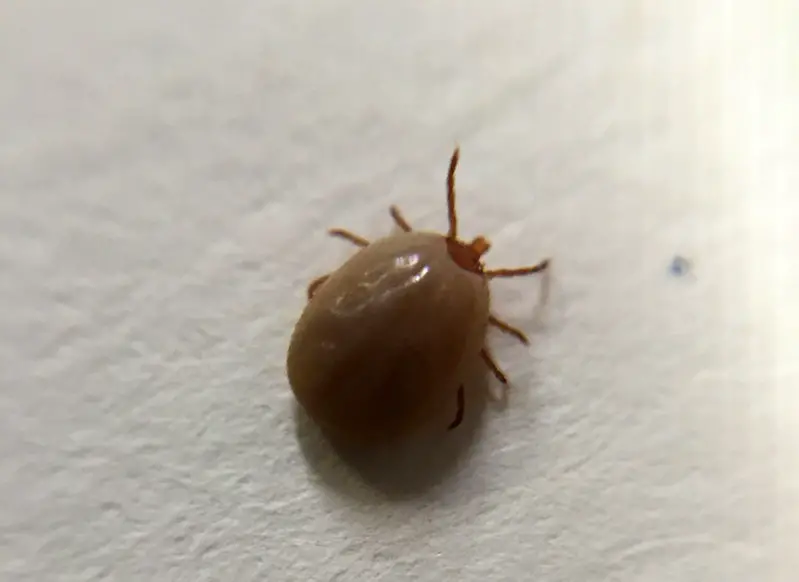A 22-year-old Canadian woman took her own life on September 11, after a long, frustrating battle with Lyme disease.
Amelie Champagne “free(d) herself from the unbearable pain, “said her father. “It is with the heaviest of hearts (and still in shock) that I share the tragic news that our sweetheart Amelie (22) took her own life this past Sunday,” said Alain Champagne, Groupe Jean Coutu CEO, on his LinkedIn page.
For years Canadian doctors misdiagnosed Amelie’s condition. The Lyme disease diagnosis was finally made when she visited the Johns Hopkins Medical Center in the US in June. Misdiagnosis often occurs because the symptoms of Lyme disease can be similar to the symptoms of other illnesses.
Antibiotics are used to combat Lyme disease, but any delay in treatment can cause the illness to spread to the joints, heart, or respiratory and nervous system.
In spite of the diagnosis and an aggressive treatment plan, the disease had already spread throughout her body.
“Over time and despite the recent treatments, the disease had evolved way beyond the numerous physical symptoms and was now severely impacting her brain,” said her father.
According to the CDC, Lyme disease is the most common vector-borne disease in the US. It is transmitted to humans through the bite of an infected tick. Symptoms include fatigue, fever, headache, and a rash. The disease can be prevented or minimized by using insect repellent, wearing long sleeve clothing when traveling through tall grass or in the woods, checking and removing ticks after outdoor activities or being in proximity to pets, and reducing tick habitat around the outdoor areas.
Amelie took her life immediately after being discharged from Sherbrooke’s Hôtel-Dieu Hospital in Quebec, where she had been hospitalized following a prior suicide attempt.
Amelie’s father says the Quebec health-care system failed her.
Quebec’s chief coroner has ordered a public inquiry into Amelie’s death. On Tuesday, a spokesman for the chief coroner, Pascale Descary, said in a statement that the public hearings “will allow any person of interest to express their views on the circumstances of this death in order to analyze all contributing factors, with a view to proposing solutions for better protection of human life.”











